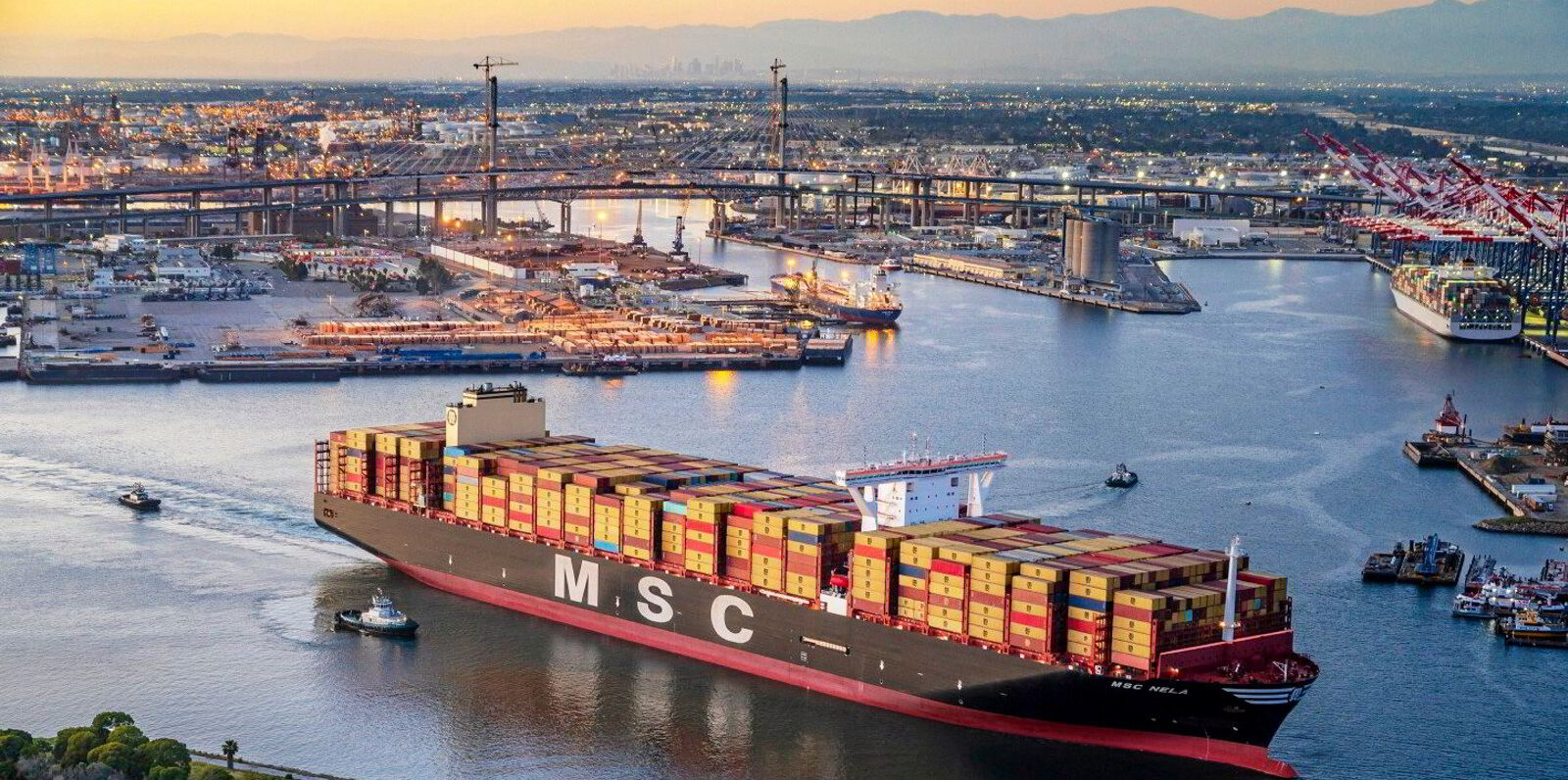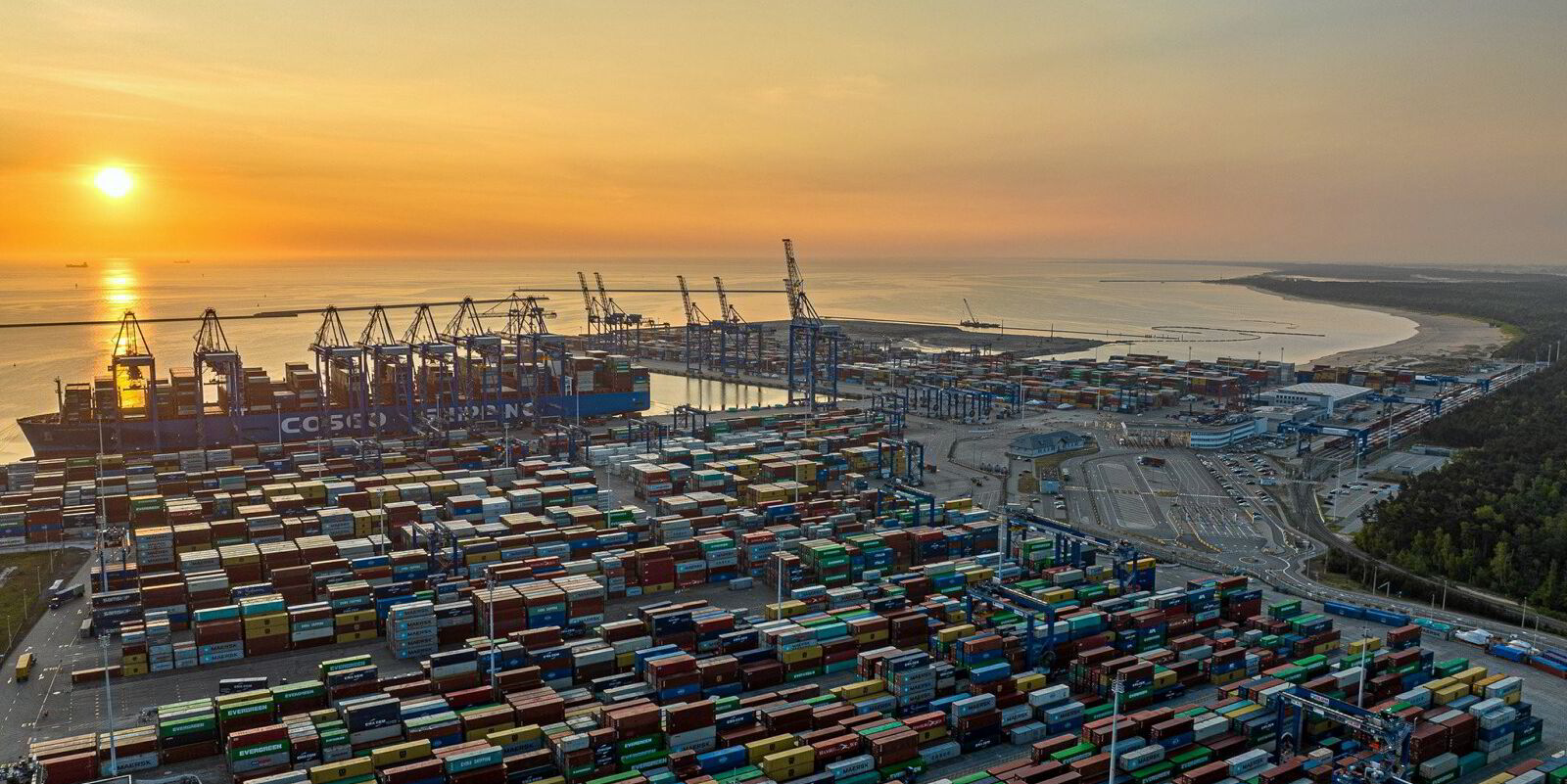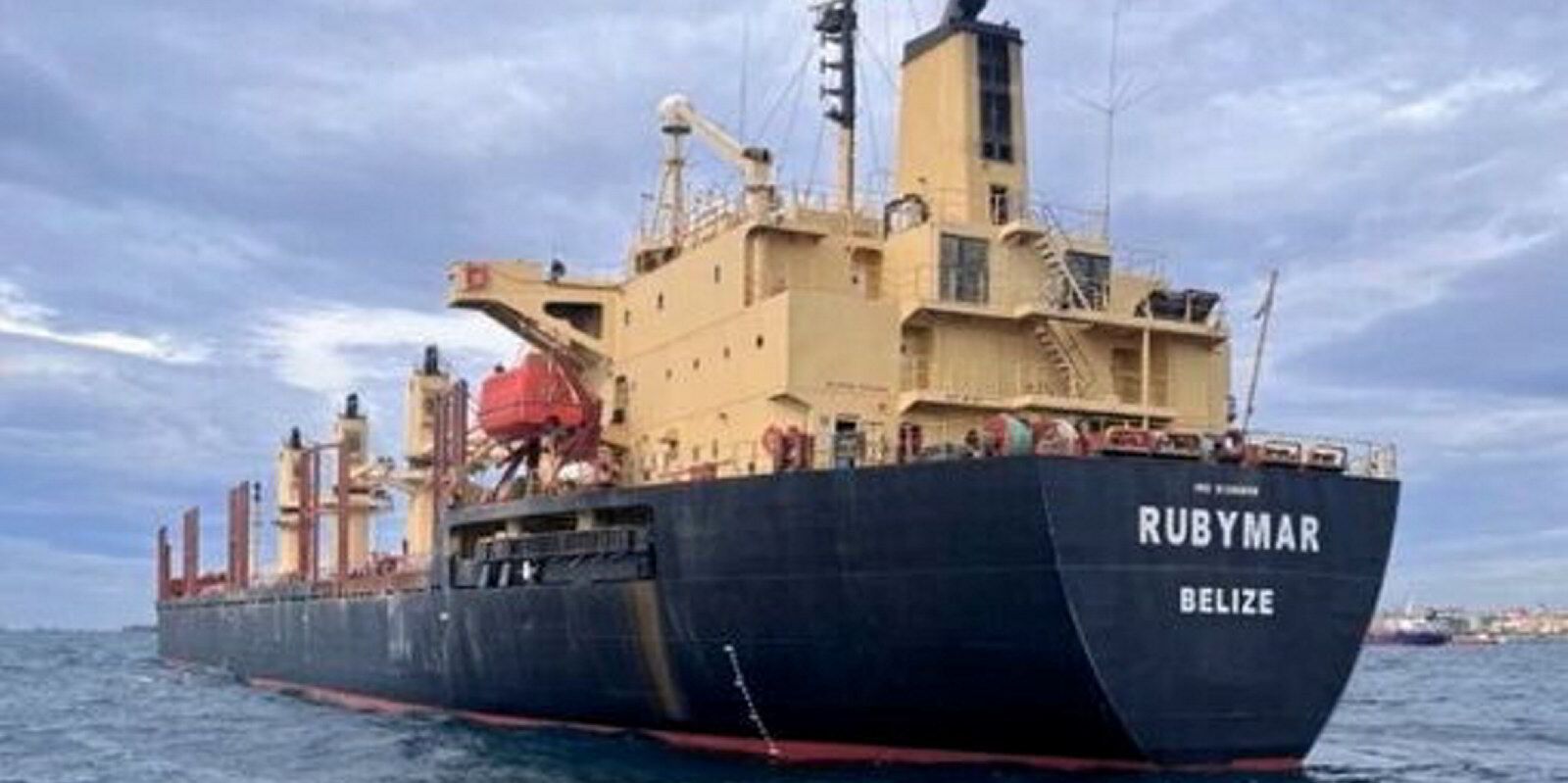AP Moller-Maersk and ports in at least two continents have suffered outages, though not major ones, as a result of a global computer glitch that has been attributed to CrowdStrike cyber security software.
CrowdStrike, a Texas-based cyber security firm, acknowledged that an update to its software caused issues on devices that use the ubiquitous Microsoft Windows operating system — which has led to problems at airports and news outlets from the US to as far away as Australia.
Maersk, the Danish liner operator, confirmed to TradeWinds that it was affected by the global outage.
“The disruption briefly affected some of our operated terminals, but all were back in operation within a few hours,” the company said.
“While some of our warehouse sites continue to be affected, our IT teams are making significant progress in implementing the known fix. Maersk ocean services remain unaffected, and customer online experiences are functioning normally.”
The CrowdStrike website touts Maersk among its customers.
The Port of Houston said on Friday morning that two of its container terminals were briefly affected by the problem.
“Due to major technology outages involving the system CrowdStrike, Port Houston’s Barbours Cut and Bayport Container Terminals are closed this morning,” it said on X.
“We are actively working to address the issue and anticipate opening our gates later this morning.”
Two hours later, the Port of Houston announced that all its container terminals were open.
The Port of Los Angeles said it is fully operational after experiencing some issues.
The neighbouring Port of Long Beach also encountered challenges on Friday morning.
“Port of Long Beach marine terminals are open and operating as this global technology outage unfolds, with cargo operations commencing normally this morning,” the port said. “Overnight, four terminals experienced computer issues but were able to resolve the problems with minimal disruptions.”
North Carolina Ports also reported systems issues but announced that all systems were back online by the early afternoon.
Crowley, a Florida maritime conglomerate, said some of its third-party systems were affected. Most are now online and operational.
“Although our Wilmington [North Carolina] terminal continues to experience the outage, our operational processes are allowing export and import cargo operations to proceed,” the company said in a late-morning customer note.
“You may experience some delays while accessing systems due to an overall slowdown online, but your ability to do business with us via Crowley systems is not impacted. Our team will continue to monitor the situation closely, and any appropriate updates will be communicated as quickly as possible.”
In Poland, the Baltic Hub Container Terminal in Gdansk has restored operations in most of its IT systems.
“Baltic Hub informs that on the morning of July 19, 2024, the terminal was affected by difficulties caused by an operating systems failure,” the terminal said in a customer advisory.

“The failure was global in nature and involved a third-party software provider used by Baltic Hub.”
In the UK, the port of Felixstowe was “affected” by the CrowdStrike issue.
“Shipping, haulage and rail operations have all now returned to normal,” the port said. “We thank all our customers for their support during this exceptional event.”
Also in the UK, Peel Ports told The Loadstar that the Port of Liverpool suffered a temporary interruption in connectivity for its Destin8 community messaging. The software’s operations were completely restored on Friday morning.
And the Port of Dover confirmed to the BBC that it was experiencing IT outages with its CCTV and customer check-in systems.
Chief executive Doug Bannister told BBC Radio Kent that the port turned to manual processes in some areas, but most systems were working normally.





